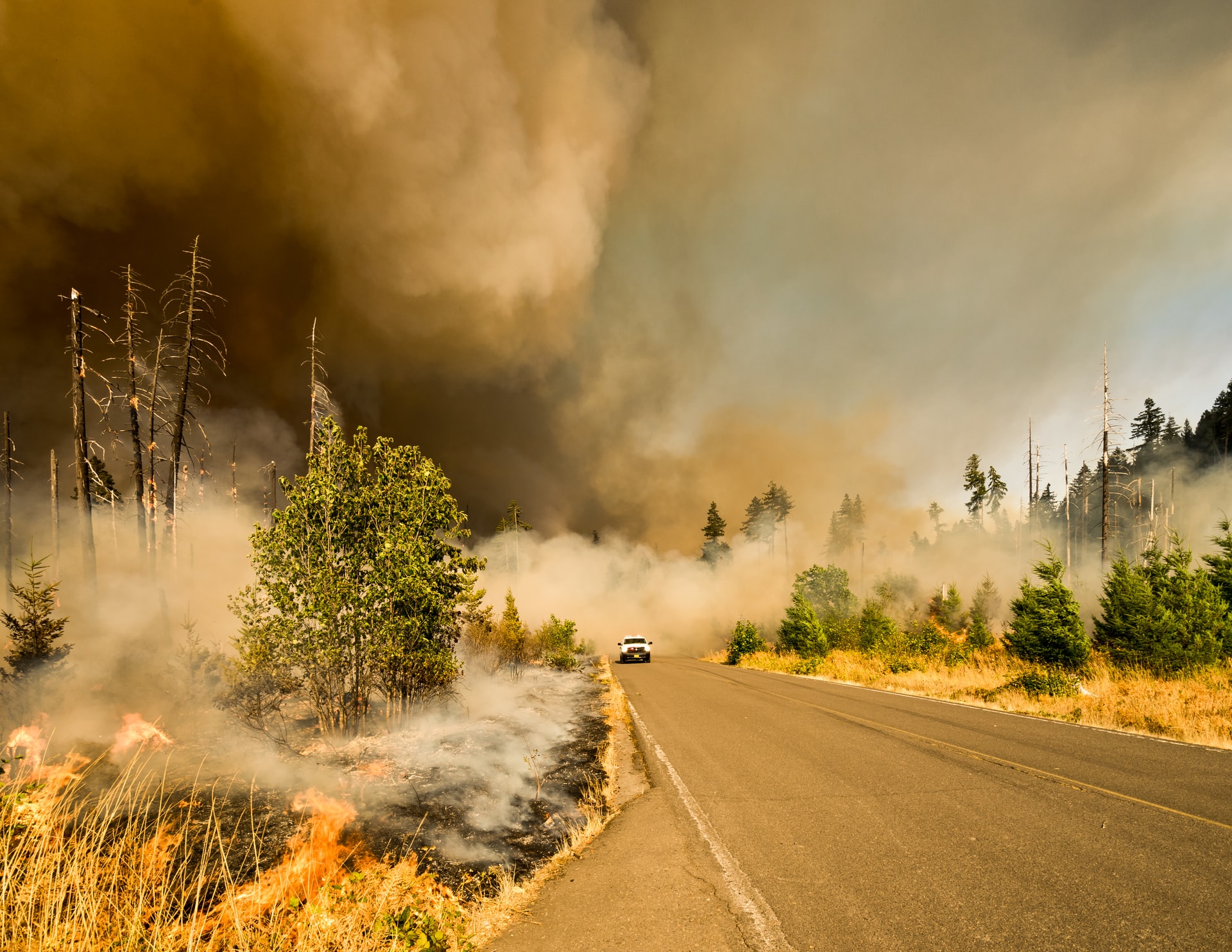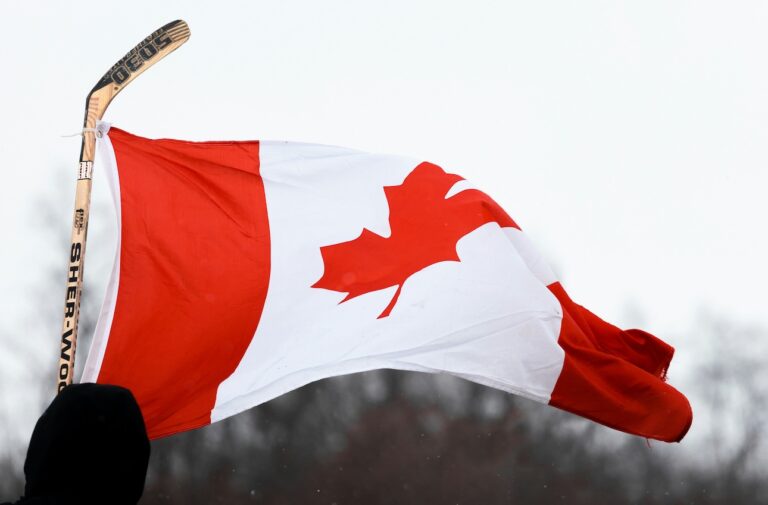Wildfires are here to stay: How to protect against smoky skies
As wildfires rage across many parts of Canada, the health effects of smoke remain a pressing concern for many people—particularly for those recovering from COVID-19 or anyone with pre-existing medical conditions.

Photo: Marcus Kauffman /Unsplash
As wildfires rage across many parts of Canada, the health effects of smoke remains a pressing concern for many people—particularly for those recovering from COVID-19 or anyone with pre-existing medical conditions.

Dr. Michael Brauer, a professor at UBC’s faculty of medicine and expert on the environment, air pollution and human health, discusses the health impacts of wildfire smoke, extra precautions for those most at risk and the long-term impacts of yearly exposure.
What are some common health effects from wildfire smoke?
Wildfire smoke can most obviously affect the respiratory system, so people with pre-existing conditions, such as asthma or chronic obstructive pulmonary disease (COPD), may see their diseases get worse and find it harder to breathe.
Smoke can also affect those with heart disease and may trigger strokes and heart attacks. People with type 2 diabetes may also experience increased symptoms.
In some cases, responses may be severe enough to require hospitalization.
While it may be less obvious, the potential mental health impact of wildfire smoke can also be debilitating. People who experience days and days of smoke may begin to feel a sense of dread and loss of control—especially those who need to flee their homes or actually lose property.
If you’re recovering from COVID-19, should you take any special precautions during fire season?
If you have lingering symptoms from COVID-19, especially breathing difficulties, you’re likely to be more sensitive to smoke in the air. So listen to your body. If you’re having difficulty breathing, be extra careful and lower your activity level. Simply put, take it easy.
Any extra advice for those with pre-existing medical conditions?
If you have a respiratory or cardiac condition, make sure you have an adequate stock of inhalers and other medications because there could be a shortage of these items, like we saw with masks in the early stages of the pandemic.
It’s a good idea to book an appointment with your doctor to review your care plan and make sure you’re doing all the right things to manage your disease. Ideally this should be done in the spring, before fire season.
Do masks help mitigate the effects of wildfire smoke?
When worn properly, N95 respirator masks can block more than 90 per cent of the particles in fire smoke. The surgical and cotton masks many people have worn during the pandemic only provide moderate levels of protection against smoke.
Are people who live far from the wildfires in any danger?
Of course, people who live in communities such as Lytton, B.C., where fire has caused death and destroyed many homes, are most affected.
But the health impacts can be felt hundreds of kilometres away from the actual wildfire, as the smoke travels with prevailing winds. In fact, last year, in B.C., for example, we didn’t have a bad fire season but were still affected by fires in California, Oregon and Washington State. Currently, air quality in New York City is poor due to smoke from fires in Oregon.
How can people stay healthy during fire season?
First and foremost, you should try to stay as far away from wildfire smoke as possible.
During smoky days stay indoors if possible, close windows and maintain a cool comfortable environment. Reduce your level of activity and avoid outdoor exercise during smoky periods.
If you have an air conditioner in your home or car, use the recirculation mode so you draw in less air from the outside and consider installing higher quality filters.
Purchase a portable air cleaner and use it in rooms where you can close the door and windows.
Does yearly exposure to wildfire smoke produce negative health effects over time?
If people are exposed every year to high levels of smoke from wildfires, the risk of a cumulative negative impact on health will likely increase. And while Canadians deal with the effects of local fires, we must remember that we’ll also feel the effects of smoke from fires in other parts of the continent.
Interview language: English



